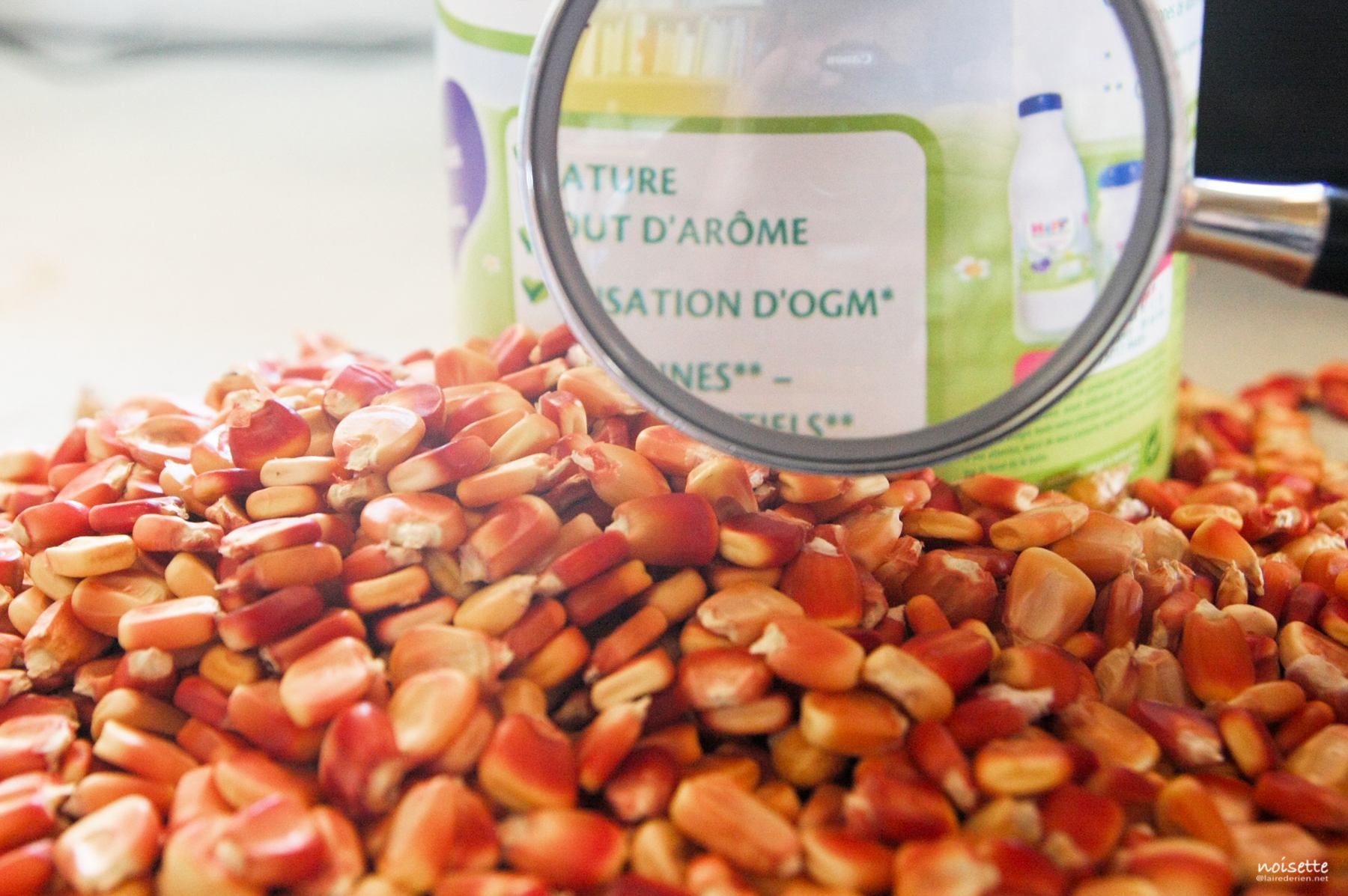Deregulation of GMOs/NGTs: Unanimity is not on the agenda

Recently, the European Economic and Social Committee urgently adopted an opinion critical of the Commission’s plan to deregulate new GMOs/NTGs, as part of the mandatory consultation procedure. The European Committee of the Regions has also been consulted, but its opinion has not yet been published. However, in May 2023, this committee issued an opinion on agri-food systems, which already critically addressed the issue of GMOs/NTGs. These two European Union bodies are insisting that a precautionary approach be genuinely implemented in the supervision of products derived from new genetic modification techniques.
On October 25, 2023, the European Economic and Social Committee (EESC) published an opinion on “plants produced by new genomic techniques” [1]. This opinion is clearly critical of the European Commission’s legislative proposal. Admittedly, it begins by stating that these new techniques could “accelerate plant breeding processes and provide EU [European Union] farmers with promising and resilient plant varieties”. It also seems to accept “the principle of environmental and health risk assessment adapted to the type of modification applied”. On the other hand, the EESC disassociates itself from the European Commission and demands “monitoring [that] includes monitoring of potential systemic effects as well as a benefit-cost analysis [of these NGT plants]”. Note the use of the adjective “systemic”. It is rare for official bodies to request an assessment of systemic effects. The EESC therefore states (paragraph 37): “Systemic, or global, monitoring differs from case-by-case assessment, as in the case of analytical evaluation. It requires the development […] of indicators relating to the dynamics of the systems to which we belong (societies, ecosystems, etc.)”.
The EESC also calls for harmonized coexistence measures at European level, so that organic farming and the “GMO-free” sector can continue to “prosper”. But the EESC also points out that “GMOs are banned [in organic farming] and NTGs would also be banned, however, as no detection, identification and traceability methods are required, buyers, member states and the Commission would be unable to apply the law properly”. Finally, the EESC calls for the creation “in a public and decentralized manner, [of] a European bank of traditional seeds […] to preserve them and make them available” and for it to be made “impossible for persons other than NTG professionals to buy on the Internet and use without supervision kits enabling the genetic modification of living beings”. The opinion is also very clear on the threat posed by patents to farmers and small and medium-sized seed companies [2]. Thus, the EESC “calls for a clarification of the rules governing intellectual property on living organisms between now and the entry into force of this legislation”.
For its part, the European Committee of the Regions (CoR), in an opinion published in May 2023 and devoted to sustainable food systems, said it was “concerned about a possible reintroduction of genetically modified organisms (GMOs) into our European food supply with the future proposal for a European regulation on plants produced by new genomic techniques (NTG). This proposal should be based on a solid assessment and sound scientific evidence from the European Food Safety Authority (EFSA). In any case, every food product containing GMOs should carry a label on the front of the packaging indicating the presence of GMOs” [3]. Several Austrian regions have already taken a public stance to demand the right to ban GMOs/NTGs, as a CoR representative told us.
The European Committee of the Regions has been asked by the Council of the EU to issue an opinion on the legislative proposal. This opinion will be discussed by the Commission on November 23, following contributions from Cécile Collonier (from the European Agency for Plant Variety Rights – CPVO), Guy Kastler (European Coordination of La Via Campesina) and a representative of the Spanish Presidency. When questioned by Inf’OGM, the CoR explained: “This is a mandatory consultation, but agreement on this text between the Parliament and the Council may be reached without the CoR opinion being adopted”. The Council had asked the CoR to publish its opinion before the end of the year (within three months). The Committee’s website states: “When the European Parliament, the Council or the Commission consult the Committee (on both a mandatory and an optional basis), they may set the Committee a deadline (of at least one month, in accordance with Article 307 of the TFEU (Treaty on the Functioning of the European Union)), on expiry of which they may disregard the absence of an opinion”. However, the CoR bodies considered that this was a very complex subject, requiring time for debate and information. They therefore preferred to postpone the timetable. The final opinion will then be adopted by the plenary session on April 17-18, 2024.
At a conference organized on Thursday September 24 by MEP Christophe Clergeau, representatives of the two committees underlined the pressure that had been brought to bear by Spain to deliver their opinion in what was clearly record time. For the CoR representative, “the most important point today is the timetable. On a subject of such complexity, the timetable imposed by the European Parliament rapporteur is simply unacceptable”.
Spain hopes to finalize the adoption of this GMO/NTG regulation before the end of its presidency, at the end of December 2023… Will the European Commission, Council and Parliament listen to these two committees? Or will they continue to play for time to prevent a democratic and open debate?
[1] EESC, “Plants produced by new genomic techniques”, October 25, 2023
[2] , « Des semenciers dénoncent les brevets, mais… », Inf’OGM, 21 March 2023.
[3] European Committee of the Regions, “Opinion on “Legislative framework for sustainable food systems” (2023/C 257/05)”], May 25, 2023.












